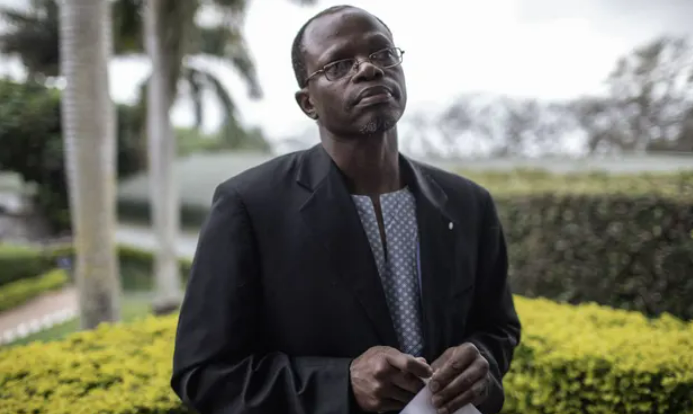Third global economic recession expected in 2023

The chief of the International Monetary Fund has warned that 2023 will be a difficult year for most of the global economy as the US, Europe, and China, the three primary drivers of global development, all see declining activity.
IMF managing director Kristalina Georgieva warned on CBS Sunday morning news show Face the Nation that the coming year will be “tougher than the year we leave behind.”
“Why? Because all three of the world’s major economies—the US, EU, and China—are experiencing simultaneous slowdowns.
“We anticipate a recession in one-third of the global economy. For hundreds of millions of people, it would feel like a recession even in nations that are not experiencing one, she continued.
In October, the IMF revised downward its projection for world economic growth in 2023, taking into account the ongoing negative effects of the conflict in Ukraine, as well as inflationary pressures and the high-interest rates imposed by central banks like the US Federal Reserve to quell those price pressures.
WHO calls for “transparency” of Covid data as China prepares to open its borders.
According to Georgieva, China, the second-largest economy in the world, is projected to grow at or below global growth for the first time in 40 years as Covid-19 instances rise as a result of the country’s ultra-strict zero-Covid policy being abandoned.
According to Georgieva, China’s growth in 2022 “is expected to be at or below global growth for the first time in 40 years.”
Furthermore, Georgieva, who visited China on IMF business late last month, predicted that a “bushfire” of anticipated Covid infections there in the coming months will likely severely hurt its economy and hinder regional and global growth.
She predicted that the coming months would be difficult for China, which would have a detrimental effect on the country’s progress as well as that of the region and the entire world.
In the meantime, according to Georgieva, the US economy is bucking the trend and may avoid the complete collapse that might affect as many as a thirds of the world’s economies.
She claimed that the US “is most resilient” and “may avoid recession.” The labor market is still expected to be relatively robust.
“Lifestyles of the Rich and Famous.”
This is “a mixed blessing,” according to Georgieva because if the labor market is particularly robust, the Fed could need to maintain higher interest rates for a longer period of time in order to reduce inflation.
Federal Reserve policymakers will be concentrating their attention on the US labor market because they want to see labor demand slow down to assist ease price pressures. A slew of significant employment-related data will be released in the first week of the new year, including Friday’s nonfarm payrolls report, which is anticipated to show that the US economy added 200,000 jobs in December and that the unemployment rate stayed at 3.7%, which is close to the lowest level since the 1960s.





